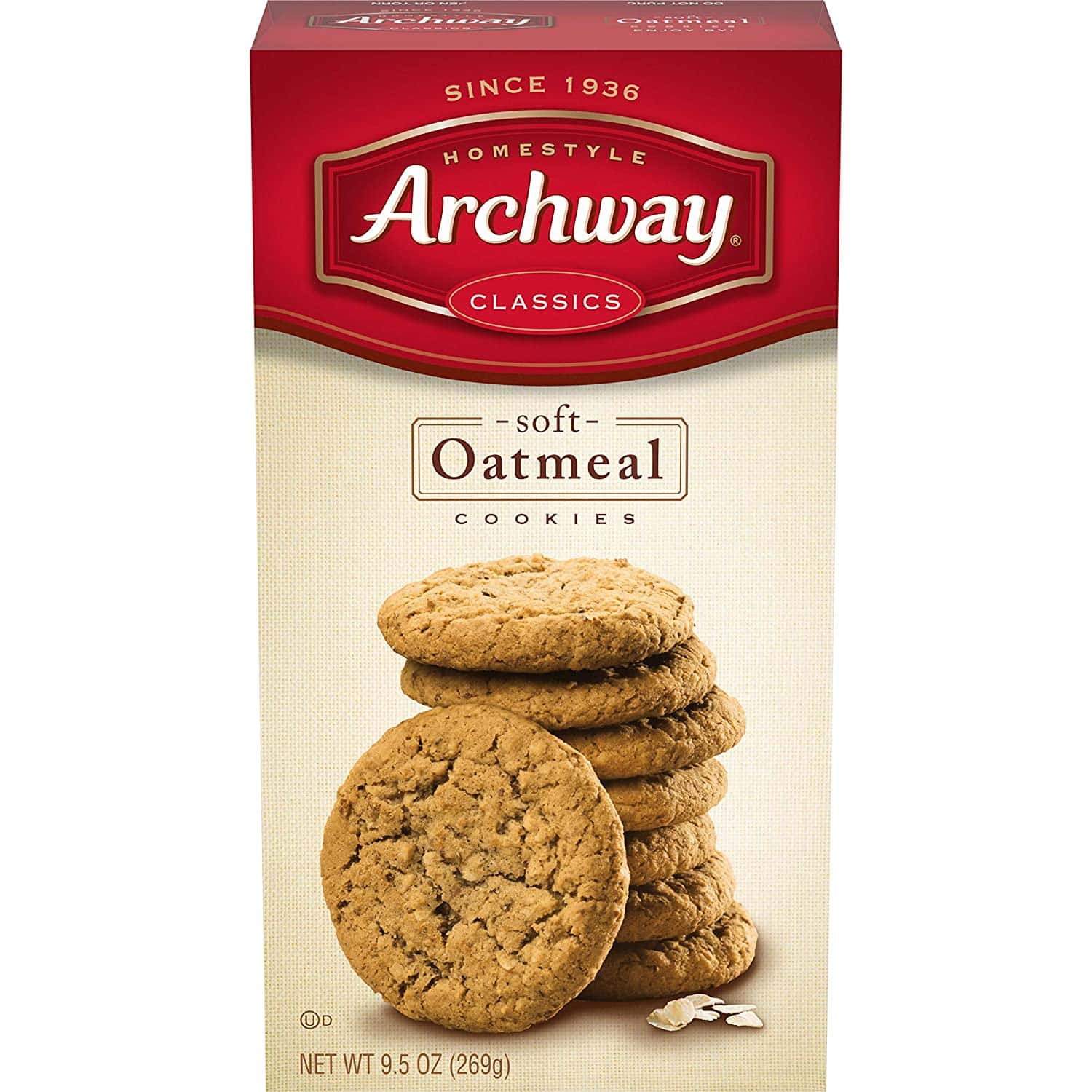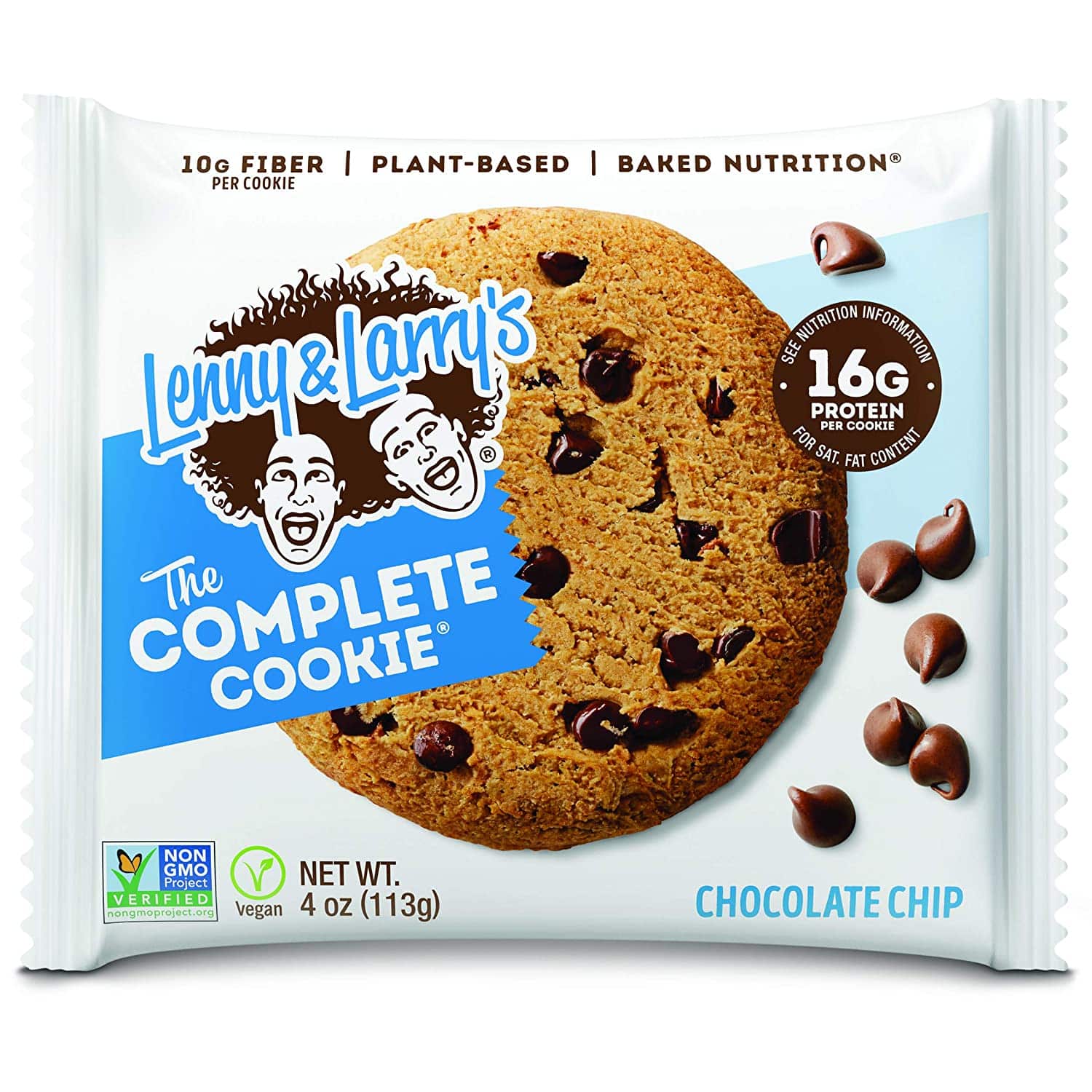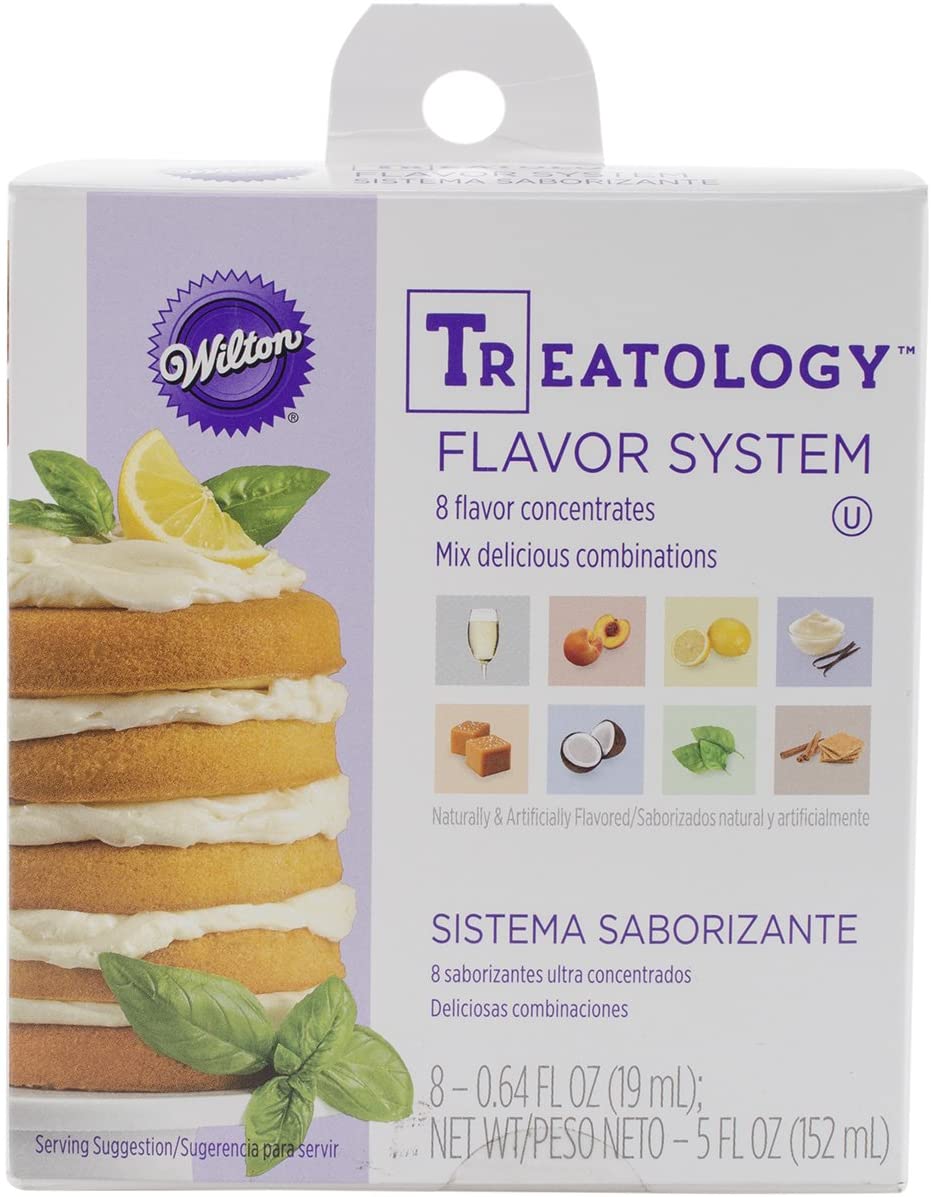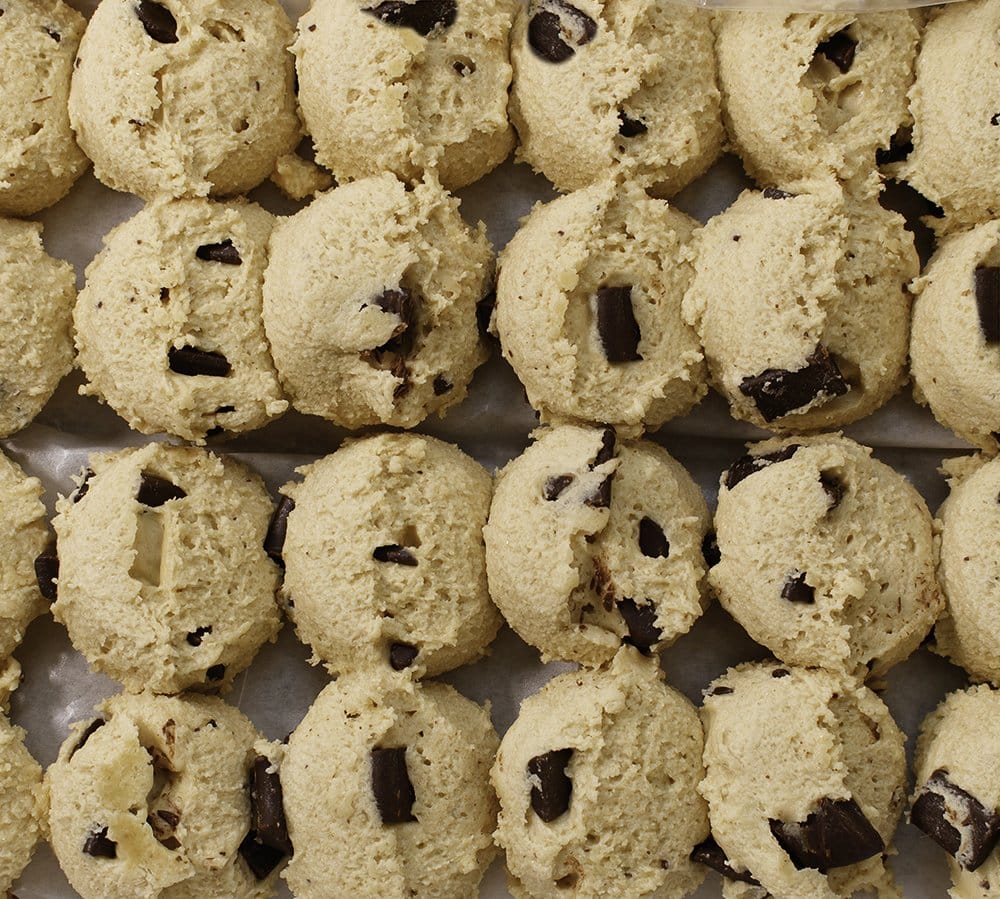Eggs are laid by female animals of various species such as fowl, reptiles, etc. They consist of a protective eggshell, albumen (egg white), and vitellus (egg yolk) as well as various thin membranes. Eggs store significant amounts of choline and protein and are beneficial to the human body. The most common eggs eaten are bird eggs, especially chicken eggs. It was recorded that the chicken was domesticated for its eggs before 7500 BC. In ancient Rome, they were preserved using various methods and meals started with an egg course. Over time, eggs have become a nutritious delicacy around the world because of their high nutritive value and rich taste.
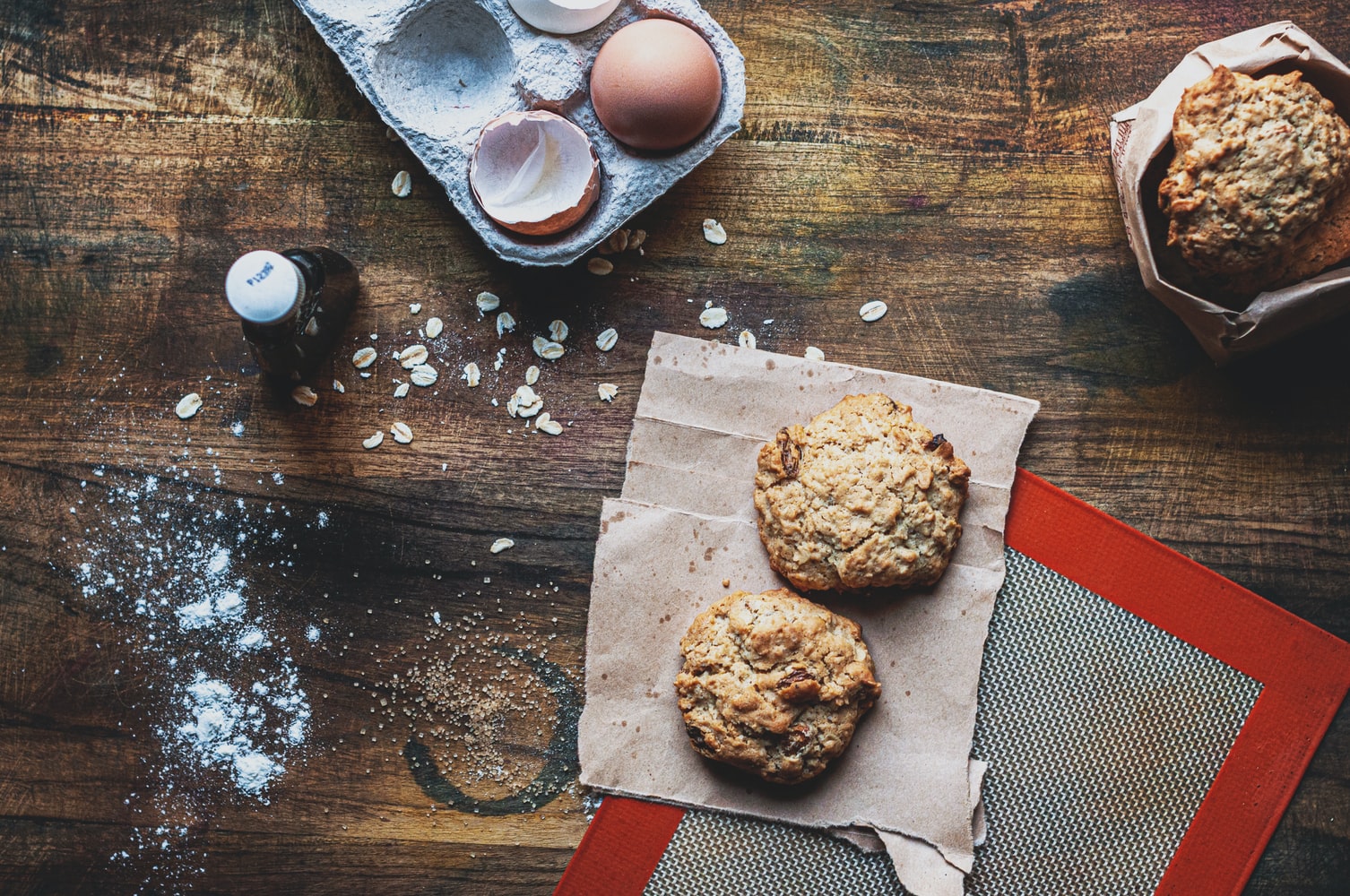
Depending on how it is used, eggs taste differently. Egg whites have no taste while the yolks are a bit grainy and sour and taste similar to unflavored gelatin. Eggs contain over 100 volatile flavor components, however, when eaten it is described as bland or mild. Egg yolks contain fats that assist the release of flavors of other ingredients. This is why it is an important ingredient in baking because it helps to activate other flavors. The eggshell is bumpy and grainy in texture and covered in over 17, 000 pores. In all, the flavor of eggs is determined by its use and how it is prepared.
Eggs are important in various recipes such as baking. This is because they improve color, flavor, and add structure to your baked dishes. Eggs help to provide moisture in foods. This prevents them from getting stale and adds flavor and texture. Eggs also help to provide a shiny finish when used as a wash before baking. It gives your baked goods a shiny protein-rich coating and enhanced taste.
The addition of eggs in cookies plays a very important role in the outcome of the cookies. They help to hold the cookies together during baking. This makes them firm and gives them structure and shape. The presence of adequate egg yolks in your cookies is also essential in having rich and chewy cookies. The fat in the egg yolk will tenderize the dough by cutting short the gluten strands. It gives your cookies a richer flavor and makes them chewier. This is because the egg yolk is a natural emulsifier. In all, eggs provide your cookies with shape, structure, and a rich flavor. It also ensures your cookies are chewier.
Eggs nutrition facts:
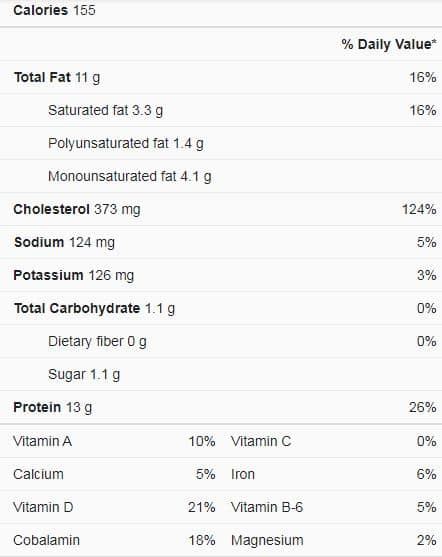
Eggs are a very important ingredient in baking cookies because they act as a binder. They bind all ingredients and hold the shape of the cookie. It also helps to add moisture to the cookies and the absence of eggs in cookies makes them dense. What then happens when you need to bake cookies and eggs are not available? Or you are vegan and would not like eggs in your cookies? This is why you may need to find substitutes for eggs in cookies. These substitutes may not have the same taste like eggs, but they help to provide the same functions and meet your specific needs. They include:
- Ground flaxseeds
- Applesauce
- Mashed bananas
- Silken Tofu
- Yogurt
All these substitutes are helpful. They perform the needed functions and add their unique taste and flavor to your cookies. Substituting mashed banana for eggs in a cookie recipe helps to give your cookies a light texture. It adds a sweet taste and makes for a good binder. Applesauce helps your cookie dough remain moist and gives it a unique flavor. Flaxseeds are high in nutrients and other unique plant compounds with binding qualities making them great substitutes. Silken tofu has high water content and soft consistency. It makes baked goods heavy and dense which is why it is a good substitute for eggs in cookies.
Oatmeal cookies
Oatmeal cookies are simple to make and consist of a variety of ingredients. This makes them healthier and more fun compared to the traditional cookie. If you are looking for an egg substitute for your oatmeal cookies you should try using applesauce. Applesauce contains pectin which acts as a binder like eggs do. Applesauce also helps to retain moisture in your cookies after baking. The proper recipe measurement is 1/4 cup of unsweetened applesauce per egg.
Read More: Substitute for Eggs in Pancakes
Vegan cookies
If you are a vegan, chances are you would need a substitute for eggs when baking cookies. One of such substitutes is flaxseeds. Flaxseeds are rich in Omega 3 fatty acids and fiber which makes them nutritious. When ground and combined with water and baking powder, the fat and moisture in flax seeds can imitate that of an egg. Flaxseed substitutes create a healthy and nutty-tasting egg replacement for your vegan cookies. A grounded tablespoon of flaxseed mixed with 3 tablespoons of water and allowed to sit for 30 minutes is equivalent to one large egg.
Sugar cookies
Did you know you can make your sugar cookies without eggs? Sugar cookies are an absolute favorite because of their sweet taste and brown outlook. They are usually very thin, crisp, and soft which makes them loved by children. So, instead of using an egg in your sugar cookie recipe, you can also try using flax seeds. Using a flaxseed, you can make a flax egg which is a good substitute for an egg. Its binding substitutes are just like an actual egg and will carry out the same functions.
Cookie batter
You may have mixed all your ingredients and made your cookie batter before you realized that there are no eggs. However, you do not have to worry because you can use mashed bananas. Mashed banana works as a good substitute for eggs in your cookie batter because it binds the ingredients. It also gives your batter a light texture. It has an amazing taste but makes sure you reduce your sugar quantity in the recipe to prevent your cookie from being too sweet.
Edible cookie dough
Cookie dough with eggs in them are not good for eating raw because it can make you sick. This is why eating raw cookie dough is never recommended because it can lead to adverse effects on your health. However, you can now eat raw cookie dough without having to worry about getting sick. Such cookie dough is made with yogurts instead of eggs (you should heat the flour to remove any bacteria). The yogurt serves as a sweet binder and helps to make your cookie dough more filling.
Frequently asked questions
What happens when you Don’t put eggs in cookies?
Without eggs in a cookie, the cookie will be too chewy and dense and may not hold together. The cookie will lack moisture and will have no binding ingredient to keep all ingredients together,
What does adding an extra egg to cookies do?
Adding an extra egg to your cookies will give you a chewier cookie. If you do not want your cookie to be too chewy, stick to the required quantity of eggs needed in your recipe.
Why do some cookies not get flattened?
This is a result of too much flour. One of the reasons cookies do not spread out in the oven is if their flour content is too high.
Conclusion
In conclusion, eggs are an important and amazing ingredient in baking your cookies. However, when they are unavailable or you do not use eggs, you can always make use of other great substitutes. These include flaxseeds, applesauce, mashed bananas, yogurt, and silken tofu. They all have the necessary egg qualities needed to make excellent cookies. You should try them out.
